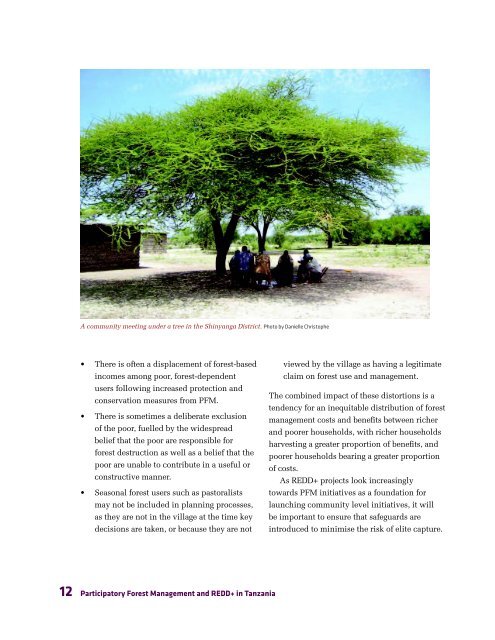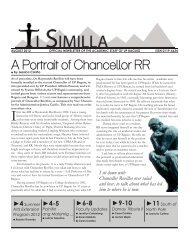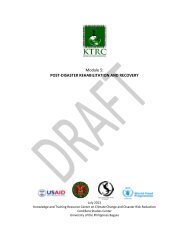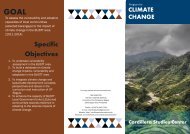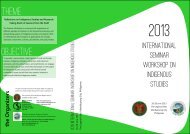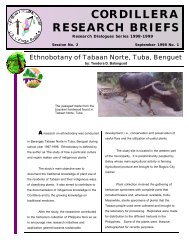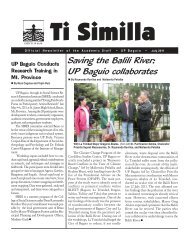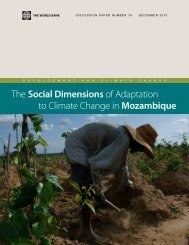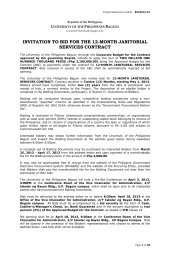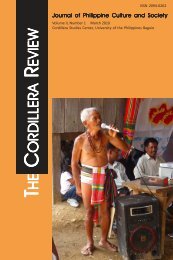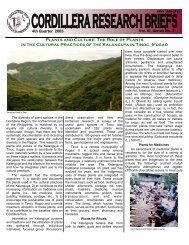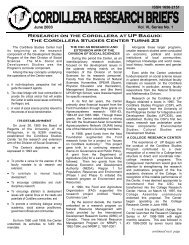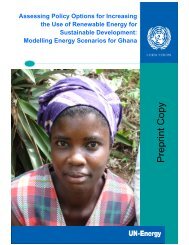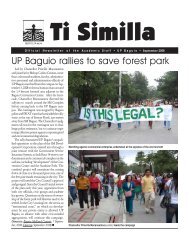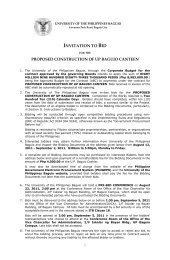Tanzania Report
Tanzania Report
Tanzania Report
Create successful ePaper yourself
Turn your PDF publications into a flip-book with our unique Google optimized e-Paper software.
AcommunitymeetingunderatreeintheShinyangaDistrict.Photo by Danielle Christophe<br />
•<br />
•<br />
•<br />
There is often a displacement of forest-based<br />
incomes among poor, forest-dependent<br />
users following increased protection and<br />
conservation measures from PFM.<br />
There is sometimes a deliberate exclusion<br />
of the poor, fuelled by the widespread<br />
belief that the poor are responsible for<br />
forest destruction as well as a belief that the<br />
poor are unable to contribute in a useful or<br />
constructive manner.<br />
Seasonal forest users such as pastoralists<br />
may not be included in planning processes,<br />
as they are not in the village at the time key<br />
decisions are taken, or because they are not<br />
viewed by the village as having a legitimate<br />
claim on forest use and management.<br />
The combined impact of these distortions is a<br />
tendency for an inequitable distribution of forest<br />
management costs and benefits between richer<br />
and poorer households, with richer households<br />
harvesting a greater proportion of benefits, and<br />
poorer households bearing a greater proportion<br />
of costs.<br />
As REDD+ projects look increasingly<br />
towards PFM initiatives as a foundation for<br />
launching community level initiatives, it will<br />
be important to ensure that safeguards are<br />
introduced to minimise the risk of elite capture.<br />
12<br />
Participatory Forest Management and REDD+ in <strong>Tanzania</strong>


